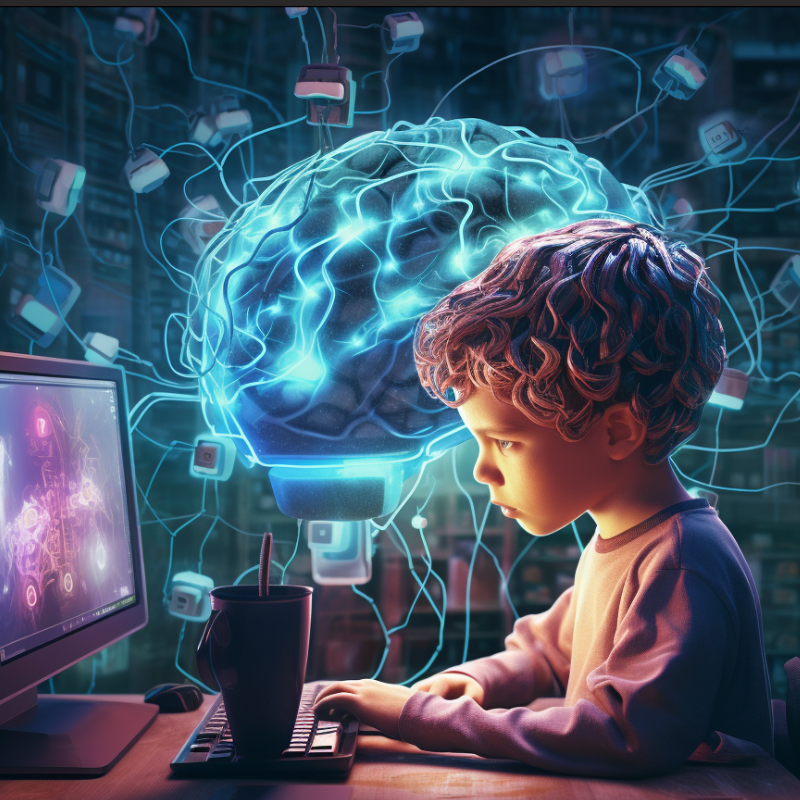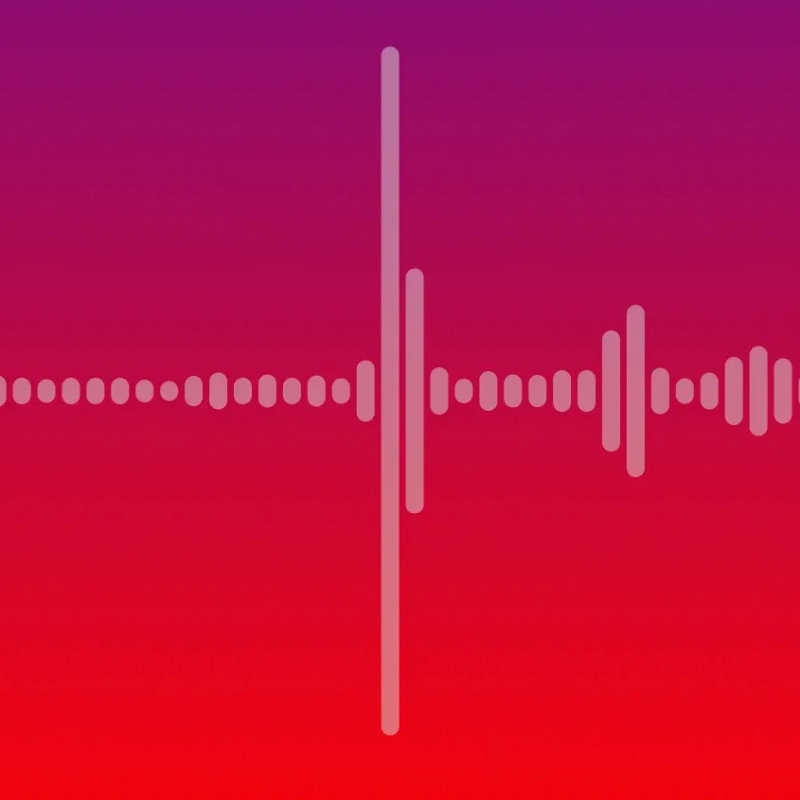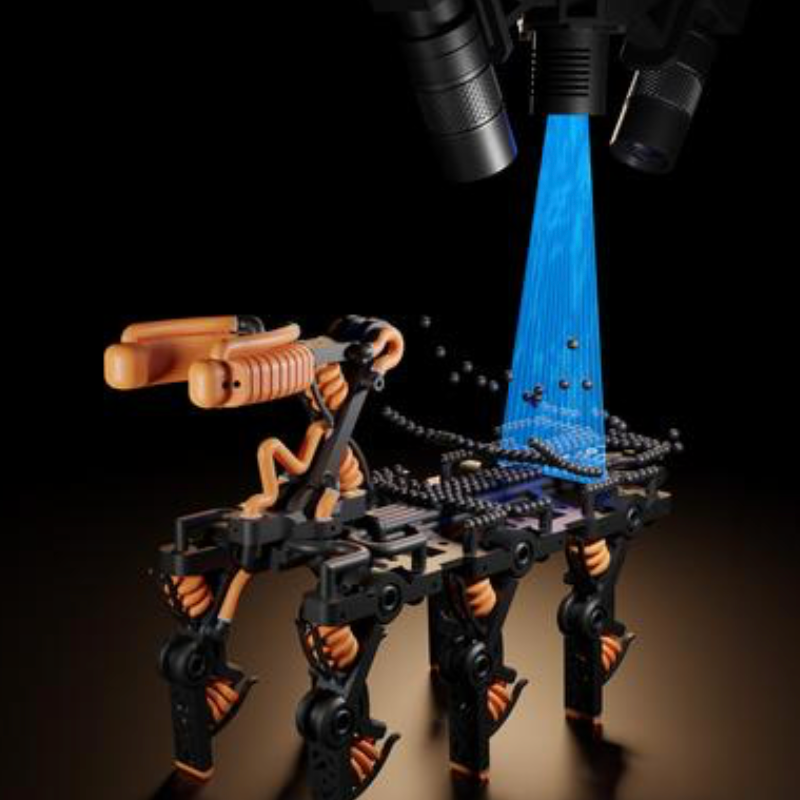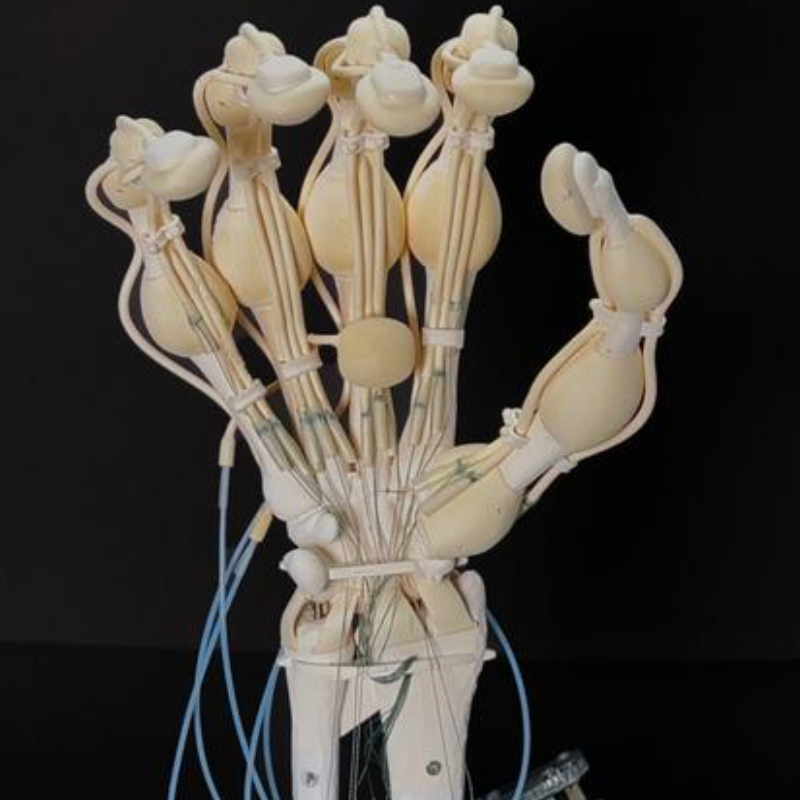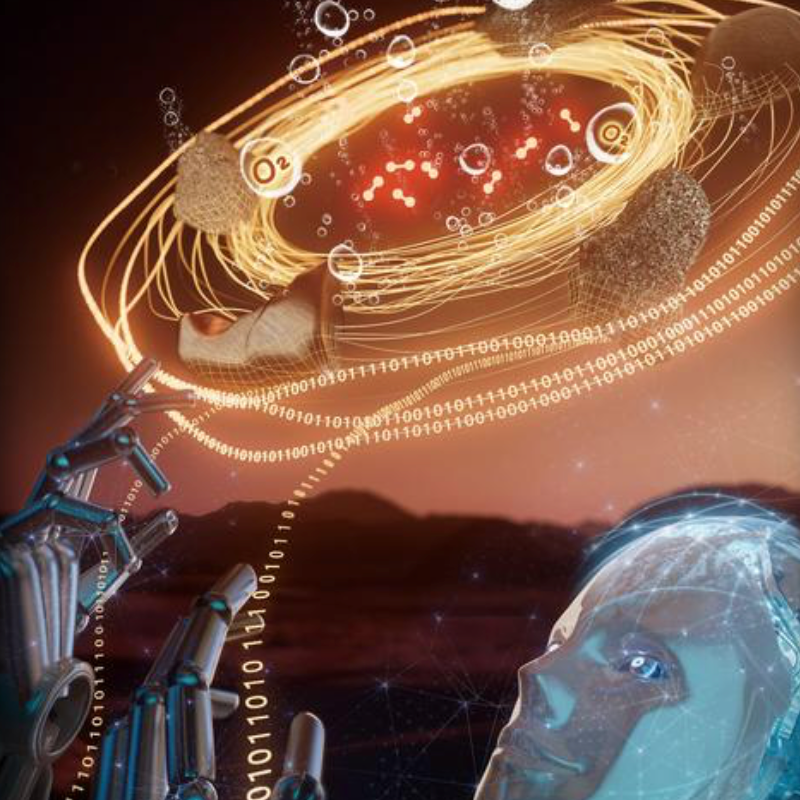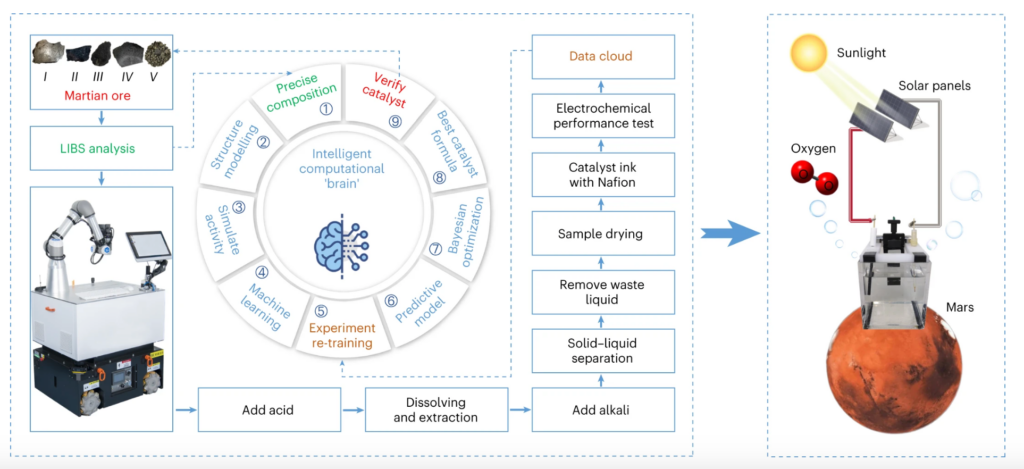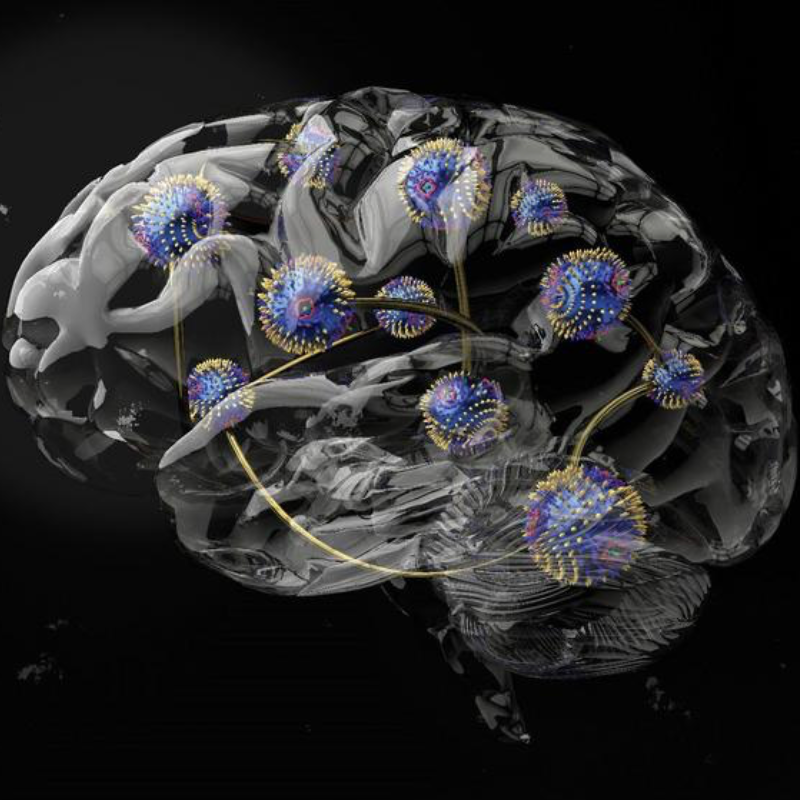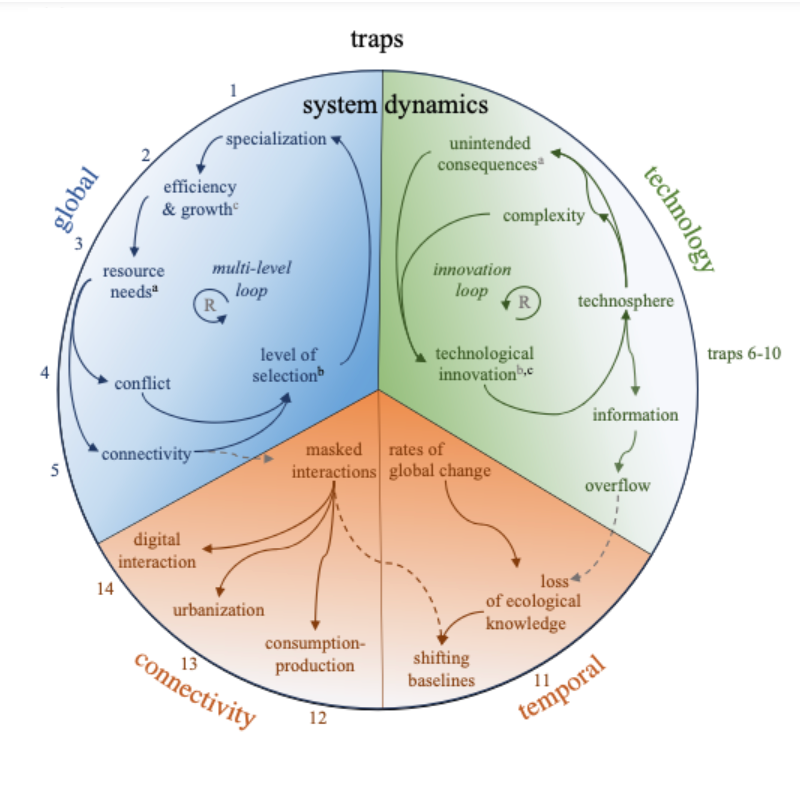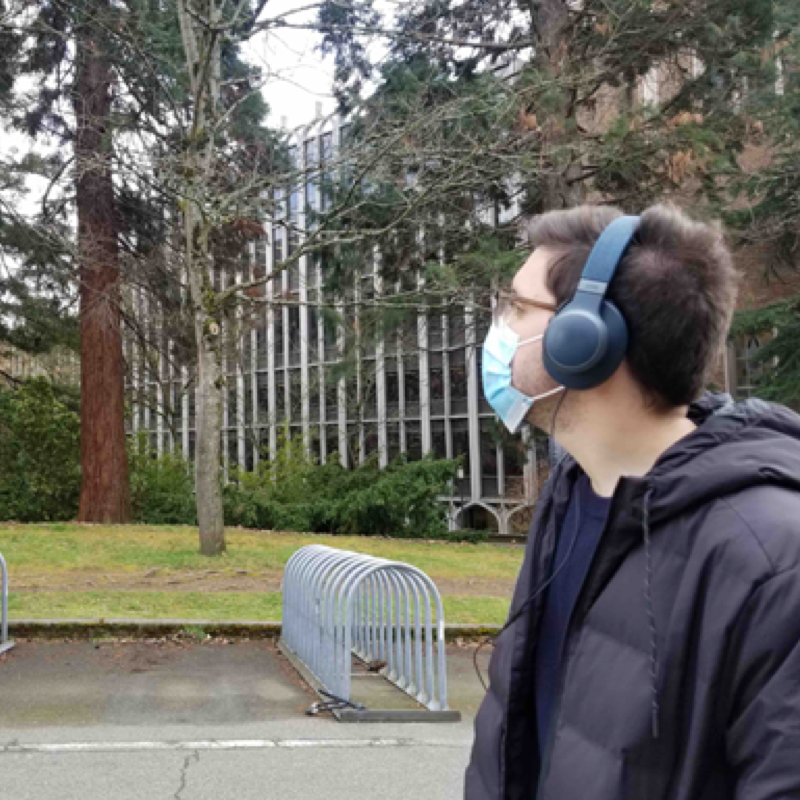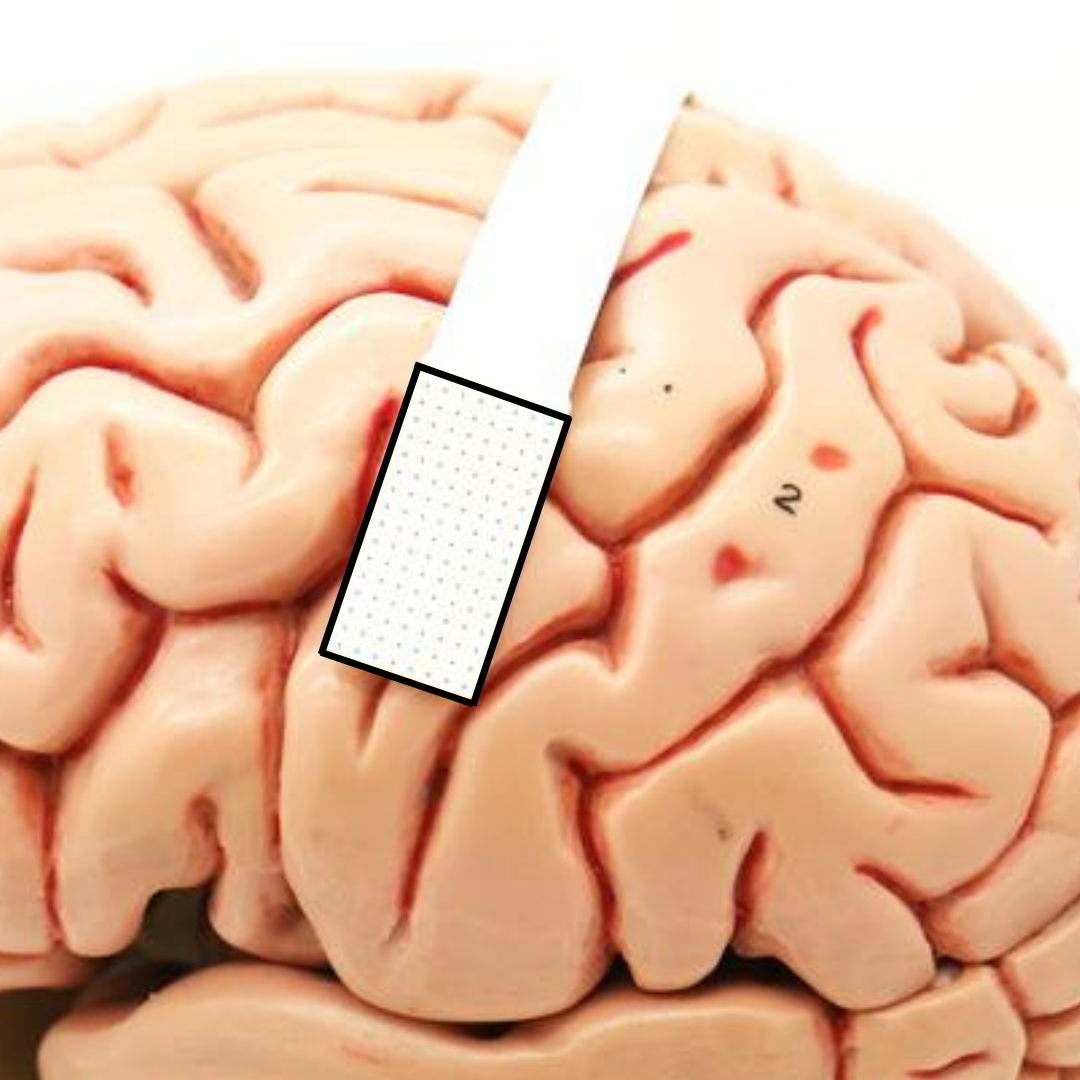Bacteria can create something similar to memories, which indicate when to cause dangerous infections in people, when to form bacterial swarms, or when millions of bacteria come together on a single surface.
This remarkable discovery by researchers at The University of Texas at Austin (UT) has potential applications for preventing and combatting bacterial infections and addressing antibiotic-resistant bacteria, say the researchers.
Bacterial cells use a common chemical element, iron, to form and pass along these “memories” to their progeny over later generations. E. coli bacteria use iron levels as a way to store information about different behaviors that can then be activated in response to certain stimuli.
Why bacteria swarm
Scientists previously observed that bacteria that had a prior experience of swarming (moving on a surface as a collective, using flagella) improve subsequent swarming performance. So the UT-led research team set out to learn why.
“Bacteria don’t have brains, but they can gather information from their environment, and if they have encountered that environment frequently, they can store that information and quickly access it later for their benefit,” explained Souvik Bhattacharyya, lead author and a member of the Department of Molecular Biosciences at UT.
Iron manbacterium
It’s about iron—one of the most abundant elements on Earth. Singular, free-floating bacteria have varying levels of iron.
And scientists observed that bacterial cells with lower levels of iron were better swarmers. In contrast, bacteria that formed biofilms—dense, sticky mats of bacteria on solid surfaces—had high levels of iron in their cells.
Bacteria with antibiotic tolerance also had balanced levels of iron. These iron memories persist for at least four generations and disappear by the seventh generation.
“Before there was oxygen in the Earth’s atmosphere, early cellular life was utilizing iron for a lot of cellular processes. Iron is not only critical in the origin of life on Earth, but also in the evolution of life,” Bhattacharyya said. “It makes sense that cells would utilize it in this way.”
Forming a biofilm
Researchers theorize that when iron levels are low, bacterial memories are triggered to form a fast-moving migratory swarm to seek out iron in the environment. But when iron levels are high, memories indicate they should stick around and form a biofilm.
“Iron levels are definitely a target for therapeutics because iron is an important factor in virulence,” Bhattacharyya said. “Ultimately, the more we know about bacterial behavior, the easier it is combat them.”
The findings are published in the Proceedings of the National Academy of Sciences. The research was funded by the National Institutes of Health.
Citation: Bhattacharyya, S., Bhattarai, N., Pfannenstiel, D. M., Wilkins, B., Singh, A., & Harshey, R. M. (2023). A heritable iron memory enables decision-making in Escherichia coli. Proceedings of the National Academy of Sciences, 120(48), e2309082120. https://doi.org/10.1073/pnas.2309082120
Let us know your thoughts! Sign up for a Mindplex account now, join our Telegram, or follow us on Twitter.


.png)

.png)


.png)

